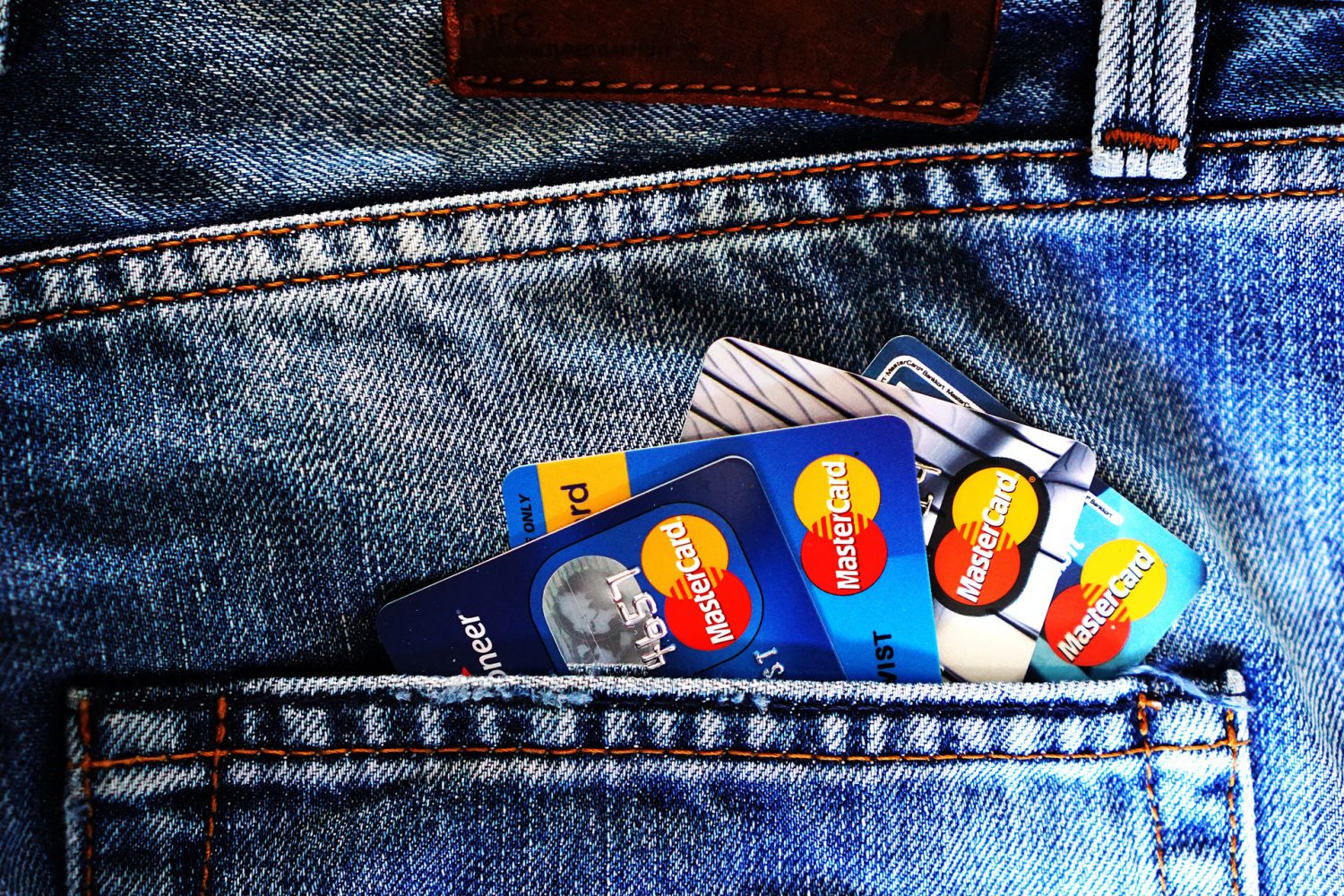While some regions are more affordable than others, there’s no denying that you’re going to have to dig deep in your pockets no matter where you buy a house in New Zealand. The costs involved with chasing the Kiwi dream can be a little daunting, but for most the pros far outweigh the cons. So, what are the benefits of buying your own home?
1. Greater stability
One of the less tangible (but by no means less important) advantages of home ownership is the security and stability it provides. As a tenant, you are more or less at the mercy of your landlord, and are always at risk of sudden rent hikes and eviction. In contrast, as a homeowner you can sleep easy knowing that, as long as you keep up with mortgage repayments, your home will always be there.
2. DIY nirvana
Most landlords don’t allow tenants to make big changes to the property. As a homeowner, however, you are free to fulfil all your DIY and interior design fantasies. Don’t like the tiles in the bathroom? Rip ‘em out. Feel like a fluorescent pink feature wall would enhance the living room? Go right ahead. There’s no one stopping you.
3. Capital gains
The third and perhaps most important benefit of buying your own home in New Zealand is that your money is essentially being invested in a very valuable asset that you will one day own. In addition, it’s highly possible that the value of your home will increase over the course of ownership, depending on current New Zealand home loan interest rates and wider economic conditions. In Auckland, for example, the price of the average three-bedroom property increased from $393,444 in 2005 to $726,209 in 2015, according to figures collated by Barfoot & Thompson.
Remember, if you’re looking to buy a house, make sure you compare the best mortgage rates in New Zealand before jumping in blind – it could save you thousands of dollars!
The PocketWise Team






